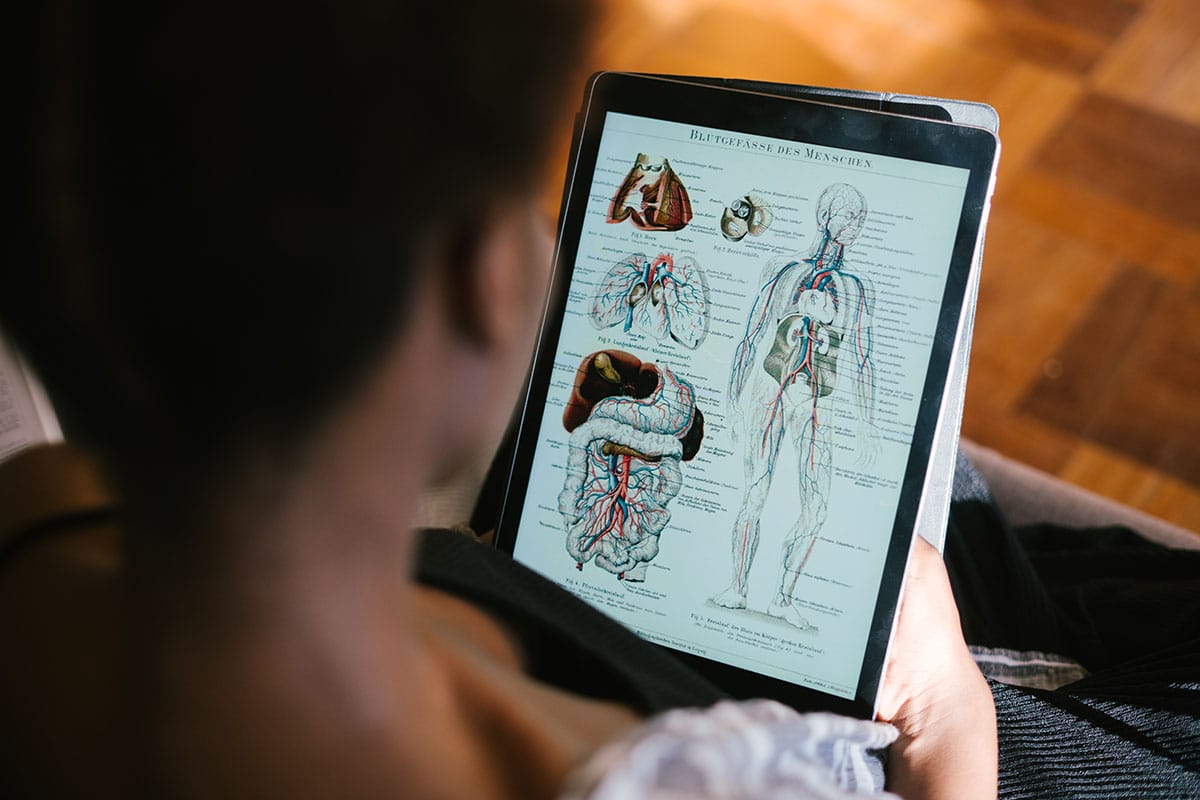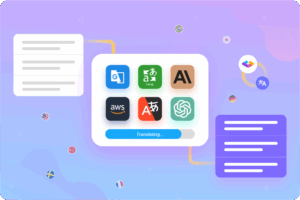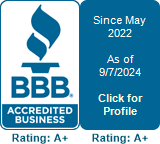Learn medical terminology can seem daunting when you first start your career as an interpreter. There are so many words and phrases to learn and every appointment requires different vocabulary. Luckily, once you get into a grove, you’ll find that self-study comes naturally and your confidence grows.

The Importance to Learn Medical Terminology
Knowing basic medical terminology is a vital part of being a healthcare interpreter. Accurately translating and interpreting medical terms contributes to session flow. The ideal interpreting session includes an interpreter who acts only as a language conduit: taking in and giving out. This provides a comfortable atmosphere for patient and provider as they navigate medical complexities. The interpreter effectively “disappears” in this form of interpreting, allowing for natural conversation between both parties. Whenever possible, an interpreter must be unobtrusive, allowing the parties to speak as though they use the same language.
A proper foundational knowledge in medical and anatomical terminology also contributes to safety during a session. There’s much less room for error when you’re able to quickly and accurately interpret any term to the non-English speaker. As medical appointments often follow a tight schedule, your ability to interpret directly without asking for clarification is a bonus.
Knowing medical terminology also allows you to lower the register: ethically simplifying language to enhance understanding without losing meaning. Lowering “acetaminophen” to “Tylenol” or “cardiologist” to “heart doctor” preserves meaning, time, and occasionally, patient dignity. While this can technically fall into the category of “advocacy” and thus should be carefully considered, it’s an important tool. Patients and providers both benefit from a well-prepared interpreter who can maintain conversational flow with proper vocabulary.
But how should you start to learn medical terminology? We’ve come up with five tips you can use throughout your career as an interpreter.
Strategies to Learn Medical Terminology
1) Study with Netflix:
This is a somewhat unconventional method, but highly effective. Watch medical shows and documentaries on Netflix or the TV. Interpret the doctor and patient dialogue as the show goes on. Netflix is especially useful as you can pause and rewind to be sure you’ve interpreted properly. This is also a helpful technique for learning to take interpreting notes. Choose a scene with a monologue and note all the proper information as though you were in an interpreting session. Interpret, then go back and re-watch to be sure you’ve noted and interpreted properly.
2) Write and Read Aloud:
When creating notes or flashcards, read aloud as you write. This helps you better retain information as it’s simultaneously coming in four ways: reading, writing, speaking, and hearing. It’s also quite helpful to color-code your notes as you write them. Color-coding helps you categorize information in your mind for easy access during interpreting sessions.
3) Draw Diagrams:
When studying anatomical terminology, it helps to draw or trace diagrams. Drawing is a visceral act, often more detailed than writing. Tracing the shapes helps you map the correct position for the terminology you’re learning. As you learn through the bodily systems, having an idea of positioning is a useful tool for any interpreter.
4) Record Yourself:
Record yourself reading through medical texts and vocabulary lists in both languages. You’ll want to work both in English and your target/native language. This works in quite the same way as “read and write,” but also offers another benefit: portability. If you record yourself, you can also use that recording as a study tool, listening on the go. It’s particularly useful if you frequently use public transportation: reviewing the terminology file on the way to an appointment. This keeps the language fresh and clear in your mind. It’s especially useful if you record different files for different bodily systems. This way, if you’re en route to a neurology appointment, you can listen to nervous system vocabulary and properly prepare.
5) Take Online Courses:
Online, self-paced courses are an excellent way to learn medical terminology. As you can review slides you need, you can take in detailed information at a pace that suits you. You can also start and pause an online course as needed without disturbing other participants. Depending on the platform, they’re frequently available through phone apps for easy access. Online and eLearning courses are excellent resources for those with a busy lifestyle who want to study on the go.
Global Arena’s Medical Terminology eLearning Course
Ready to get started? Global Arena’s Learning and Development Department created an eLearning course specifically developed for interpreters to learn medical terminology. Our Medical Terminology for Interpreters course gives an excellent foundational knowledge at your own pace. Purchasing the course gives lifetime access to updates. You’ll also receive our Medical Terminology Glossary and a certificate of training completion, useful for any interpreting job application. Click here to learn more about our Learning Program about Medical Terminology for interpreters and sign up today!







